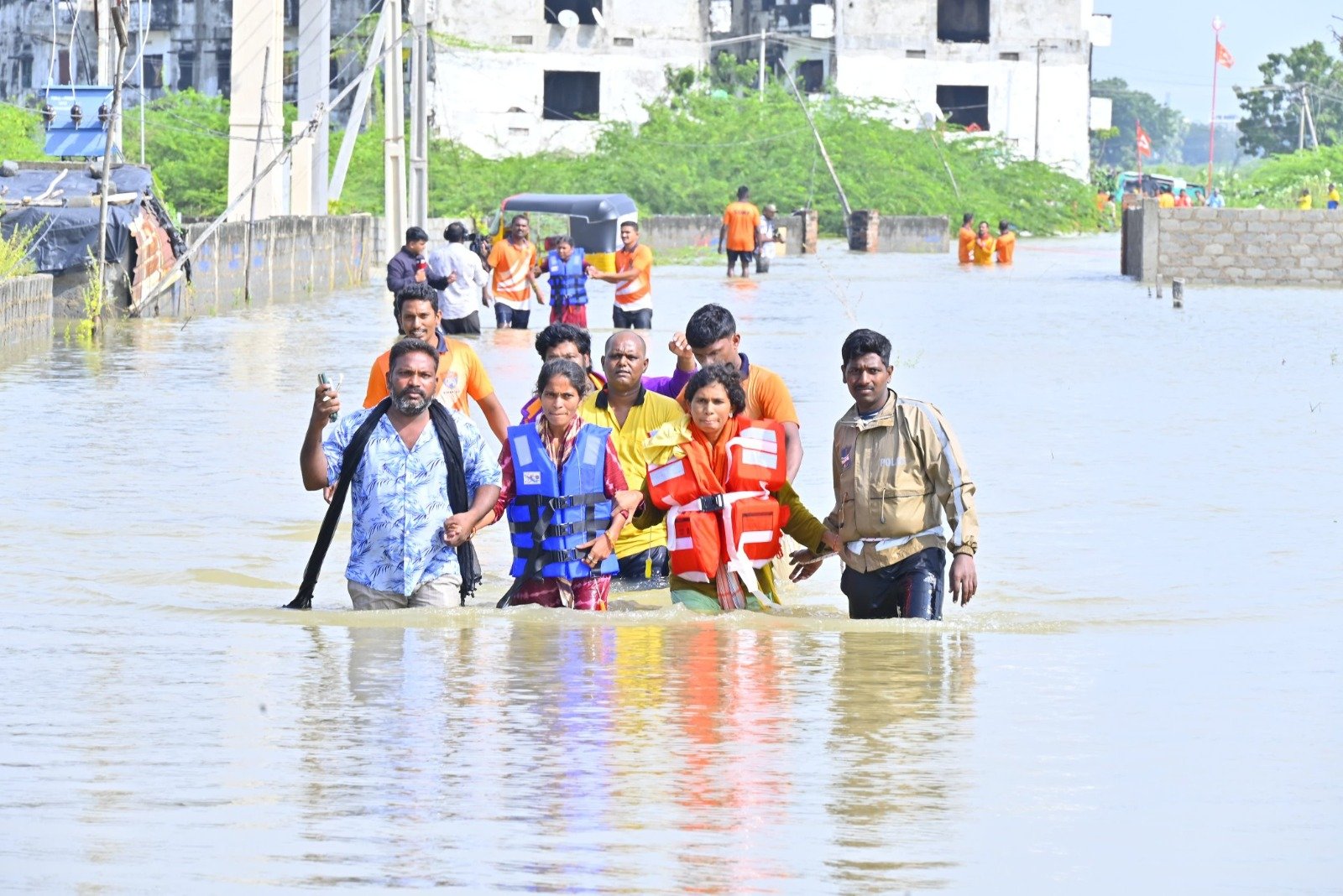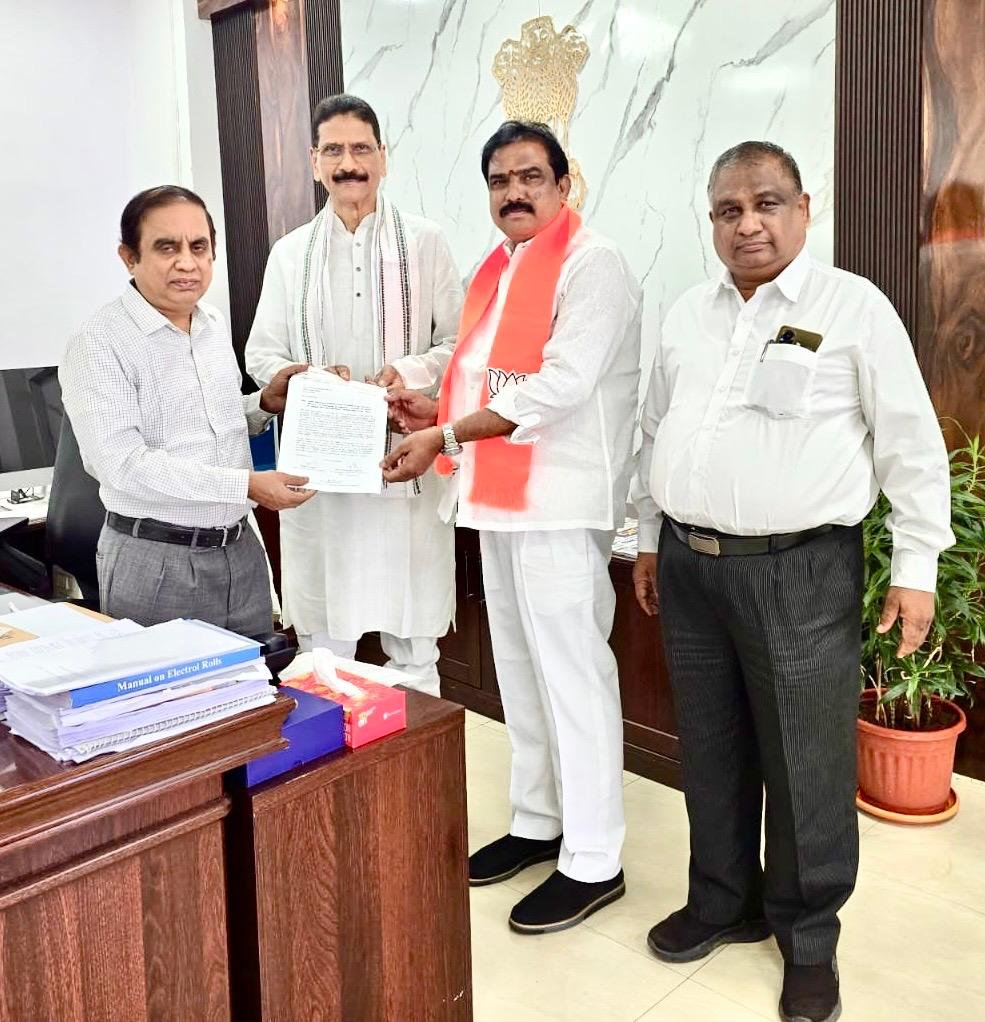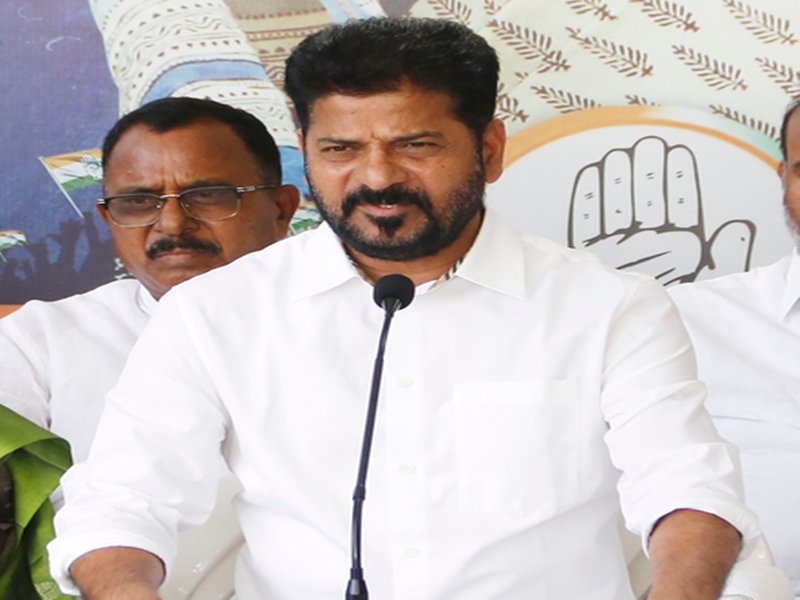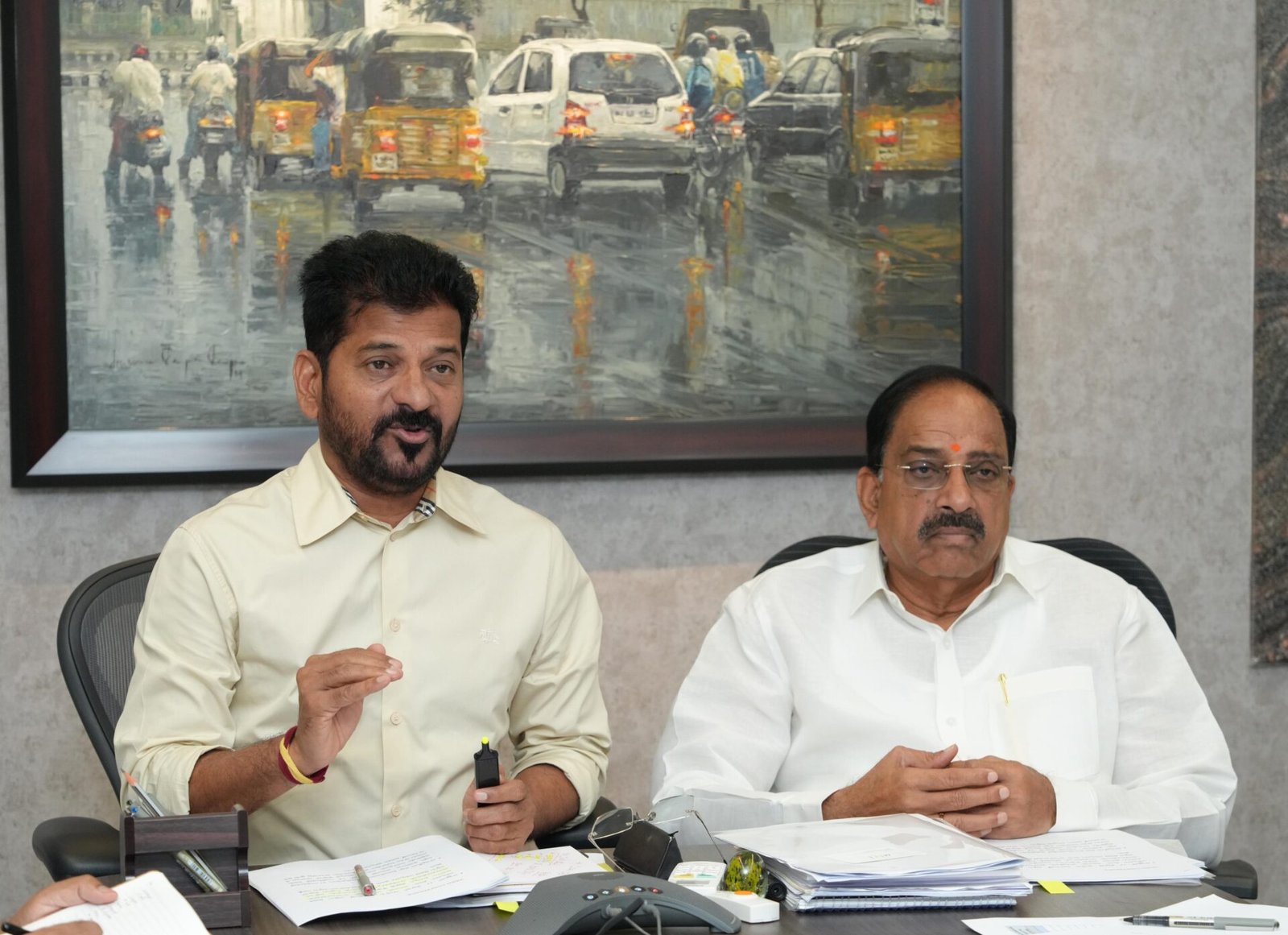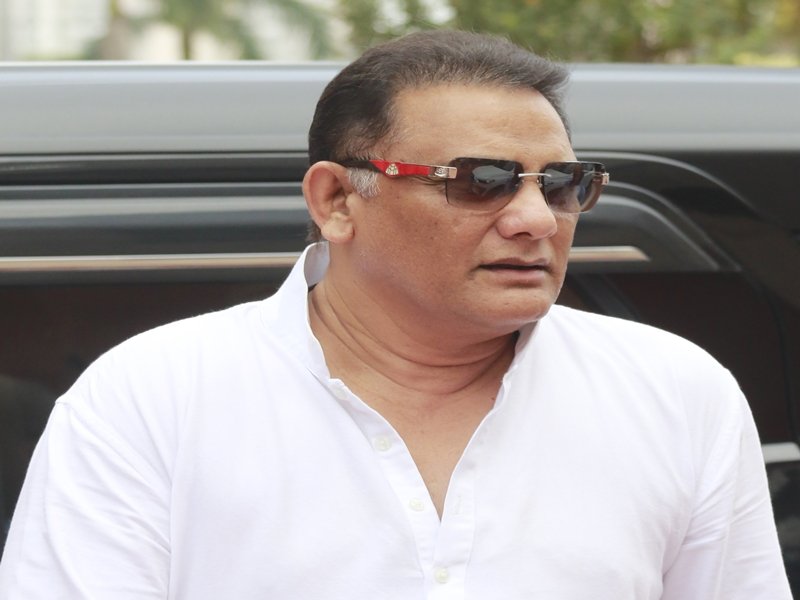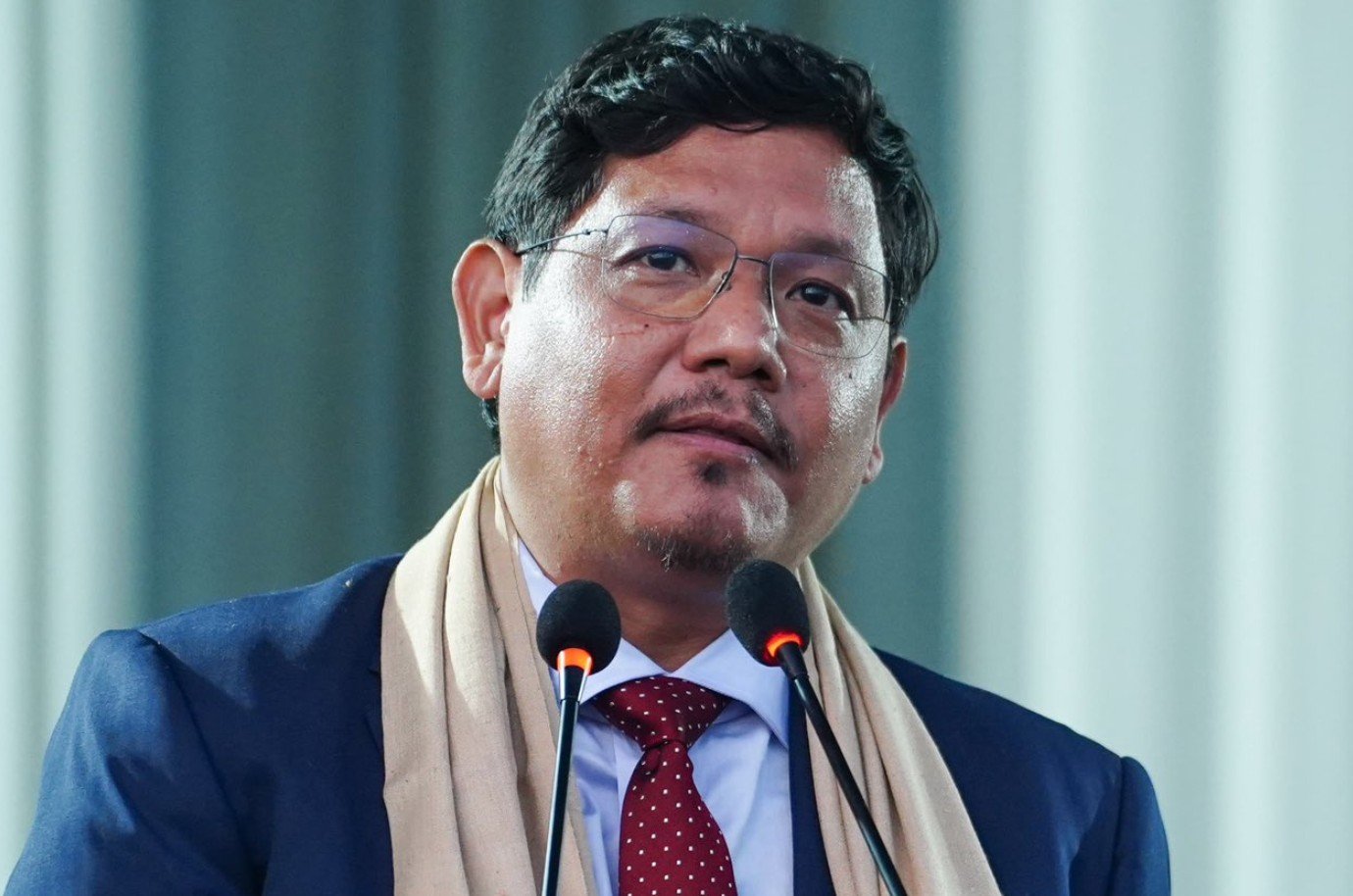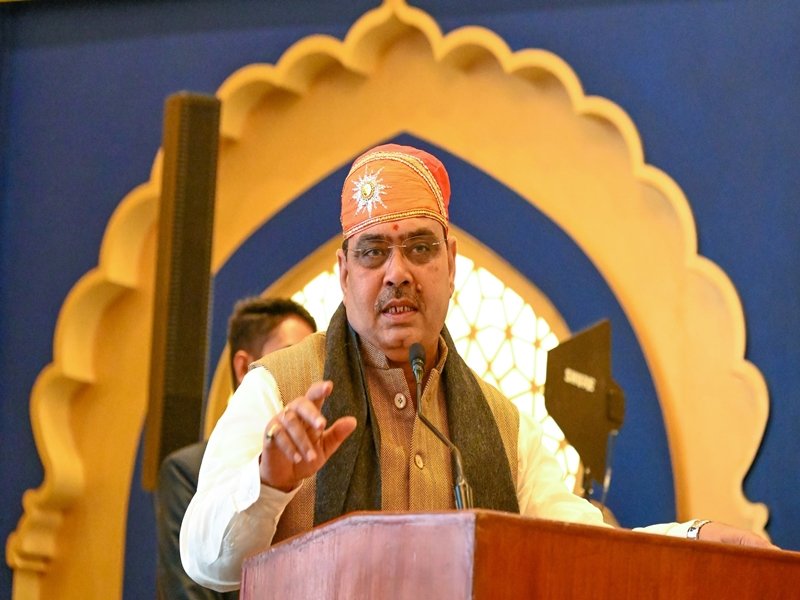
Jaipur, Jan 11 (IANS) Emphasising that women and child development forms the bedrock of a nation’s progress, Rajasthan Chief Minister Bhajan Lal Sharma on Saturday said that ensuring their empowerment paves the way for building strong families, a cohesive society, and a prosperous nation.
The Chief Minister also said that the state government is diligently working to uplift women and children with sensitivity and commitment.
“We are ensuring the effective, transparent, and quality implementation of schemes and programmes aimed at their welfare, with the vision of achieving a ‘Developed India, Developed Rajasthan’,” he said.
Speaking at the inaugural session of the Chintan Shivir, organised by the Union Ministry of Women and Child Development in Udaipur, Sharma described the event as an important platform to deliberate on enhancing the future of women and children.
“This Shivir will help chart a new direction for women and child development. Together, we must brainstorm to make their future more empowered,” he added. The Chief Minister lauded Prime Minister Narendra Modi for driving unprecedented development in the country since 2014.
“The Prime Minister’s dedication to the overall development of women and children reflects his belief in empowering women, youth, farmers, and labourers as the pillars of national progress,” he said.
Sharma also highlighted the innovative initiatives launched by the Central Government under the Prime Minister’s leadership.
He also outlined key measures undertaken by the state government, including the Chief Minister Amrit Aahar Yojana, which provides children aged 3 to 6 years with hot milk thrice a week along with nutritious food at Anganwadi centers.
He also mentioned the development of 2,000 Anganwadi centers into Adarsh Anganwadis.
The Chief Minister stressed the importance of recognising local community members who contribute to the functioning of Anganwadi centers.
Additionally, the state government is closely monitoring and assessing the implementation of schemes to ensure benefits reach the intended recipients.
Highlighting the government’s commitment to inclusive development, Sharma shared that the incentive amount under the Pradhan Mantri Matru Vandana Yojana has been increased from Rs 5,000 to Rs 6,500.
Additionally, Rs 10,000 assistance is being provided for disabled pregnant women.
Initiatives such as the Lado Protsahan Yojana and Kalibai Bhil Udaan Yojana have been launched to empower girls, while financial aid is being provided to over 6 lakh children under the Palanhar Scheme.
He reiterated the government’s focus on health, nutrition, safety, education, skill enhancement, employment, entrepreneurship, and social respect for women and children.
“Through various schemes, we are realising the concept of Antyodaya — uplifting the last person in the line,” he remarked.
Union Minister for Women and Child Development Annapurna Devi praised Prime Minister Modi’s vision of empowering women and children to create a developed India.
She described the Chintan Shivir as a pivotal platform to address challenges and find solutions for the holistic development of women and children.
Discussing Central initiatives like Mission Saksham Anganwadi, Poshan Abhiyan 2.0, Mission Shakti, and Mission Vatsalya, she highlighted their importance in achieving integrated progress.
Union Minister of State for Women and Child Development Savitri Thakur added that the Shivir serves as a crucial platform for transforming ideas into actions and actions into tangible results.
“The Prime Minister’s vision is to empower every woman and child, ensuring the nation’s holistic development,” she stated.
Deputy Chief Minister and Women and Child Development Minister Diya Kumari emphasised the state government’s resolve to ensure women’s respect, education, and health, alongside the development of a capable and empowered new generation.
She mentioned the increase in honorarium for Anganwadi workers and reaffirmed the government’s commitment to delivering concrete results through departmental schemes.
The event was attended by ministers from various states, senior officials from the Central government, and representatives of different state governments.


